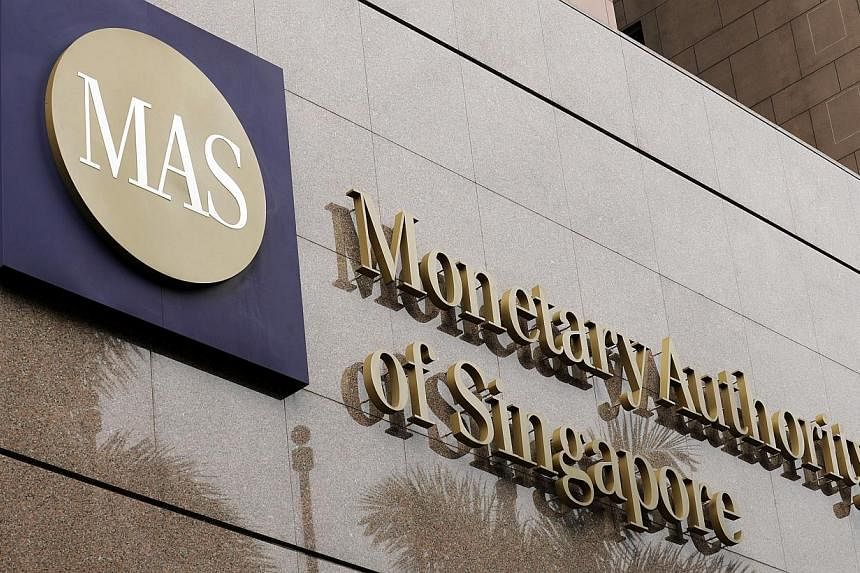SINGAPORE - The Monetary Authority of Singapore (MAS) will maintain its policy of a modest and gradual appreciation of the Singdollar, it said on Tuesday.
This policy stance is consistent with the benign inflation outlook and moderate growth prospects for the year, the central bank said.
This comes after the MAS made a surprise tweak to its policy in January, acting months ahead of its scheduled meeting to ease the rise of the Singapore dollar.
Singapore conducts monetary policy by managing the exchange rate against a basket of currencies of its major trading partners.
The exchange rate is allowed to float within a policy band that MAS can adjust when it reviews monetary policy twice a year.
A stronger Singdollar, which can be achieved by making the band's slope steeper or lifting its mid-point, helps to dampen inflation by making the prices of imported goods lower. On the other hand, a weaker Singdollar helps exporters, whose goods become less expensive in foreign markets.
MAS can also opt to widen the band to accommodate greater fluctuations in the exchange rate
Economists had earlier been divided over whether or not MAS would allow the Singdollar to weaken further and, if so, what method the central bank was likely to use.
The latest policy anouncement comes amid moderate economic growth in Singapore, "with an uplift from the continued recovery in external demand tempered by domestic supply-side constraints", the MAS said.
The Singapore economy grew 2.1 per cent in the first quarter over the same period last year. This was due in part to relatively slow growth in the trade-dependent manufacturing sector, which makes up a fifth of the economy.
The "sustained albeit uneven" global recovery is expected to provide a mild lift to externally-oriented sectors of Singapore's economy, MAS said.
An anticipated increase in oil prices in the second half of the year is expected to support oil-related manufacturing.
However, global oil prices are still likely to average significantly below the US$93 recorded last year, which will put a cap on Singapore's rate of inflation.
Although underlying cost pressures stemming from the tight labour market remain, the pass-through to consumer prices could continue to be constrained by moderate economic growth, said MAS.
MAS' inflation forecasts remain unchanged from its January monetary policy statement. It expects inflation to come in between negative 0.5 per cent and 0.5 per cent this year.


